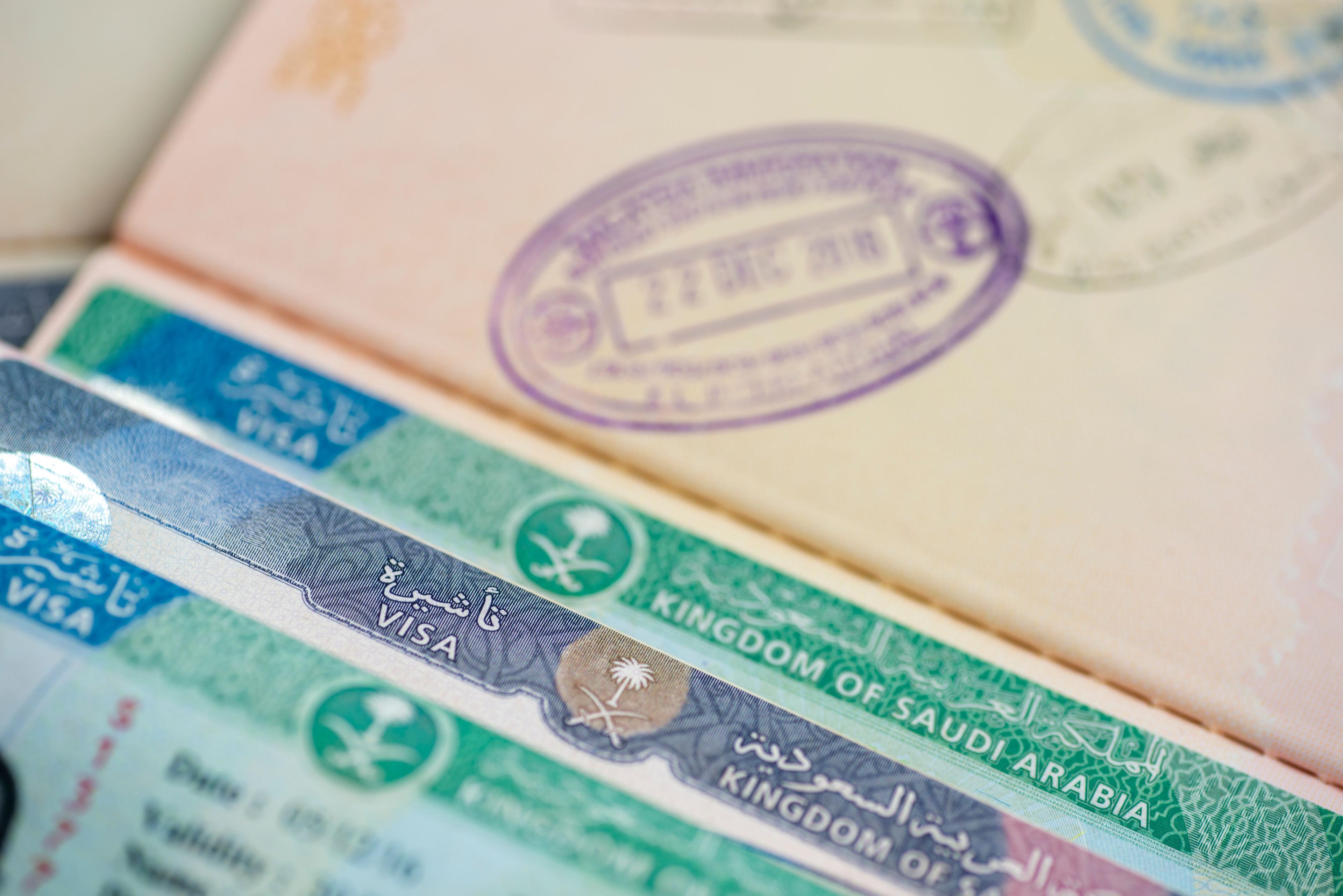
Members-only story
A Complete Guide to Iqama in Saudi Arabia
Saudi Arabia is a prime destination for business expansion, offering a better quality of life for residents. Obtaining an Iqama, or residence permit, is key for businesses and individuals to integrate into the country's economic and social fabric. This guide covers various Iqama types, including the prestigious Saudi Premium Residency Program, and details the process and benefits of securing an Iqama, making Saudi Arabia an attractive haven for global talent and enterprises.
With its investment-friendly landscape and strategic position, Saudi Arabia continues to stand out as a desirable destination for expansion, one that caters to the needs of businesses incorporated in the country and provides a better quality of life for residents.
For businesses looking to set roots in the country, a residence permit (Iqama) is a gateway to live and seamlessly integrate with the economic and social fabric of the country, offering a blend of business opportunities and high-quality living.
Types of Iqama in Saudi Arabia
Saudi Arabia offers diverse types of iqama according to the needs of applicants and the purpose of their stay.
These include:
- Dependents: for family members of expatriates
- Government Employees: for foreign government employees
- Special Privileged: Premium Residency
- Business: for individuals intending to do business in Saudi Arabia
- Domestic Worker: for household helpers
- Labor Class: for manual workers in areas like construction and maintenance
- Professional Class: for individuals holding university degrees
Navigating the Iqama Process for Employees
Typically, foreign workers with a job contract can file for temporary residency along with their work visa. The procedures are mostly carried out by the hiring company or the sponsoring employer, who is required to first apply for and receive a Block Visa issued by the Ministry of Labor and Social Development.
Upon the issuance of the residency permit, the stay can be extended up to two years only if the contract covers it.
Employees will have 90 days after arriving in Saudi Arabia to apply for a work permit and iqama at the said ministry. If they need to leave the country temporarily during the duration of their iqama, they'll need an additional exit and re-entry permit from the Ministry.
To obtain a final exit visa, the residence permit is submitted to the passport authority along with a request form. In cases of lost or damaged residence permits, they can be replaced with new ones stamped "Replacement," which will be valid for the same remaining time as the original permit.
Changing jobs in the Kingdom may require an iqama transfer, depending on the company's rules and the employer’s consent.
Create an account to read the full article.
"Unlock all capabilities of Setup in Saudi"
Register nowAlready have an account? Sign in
